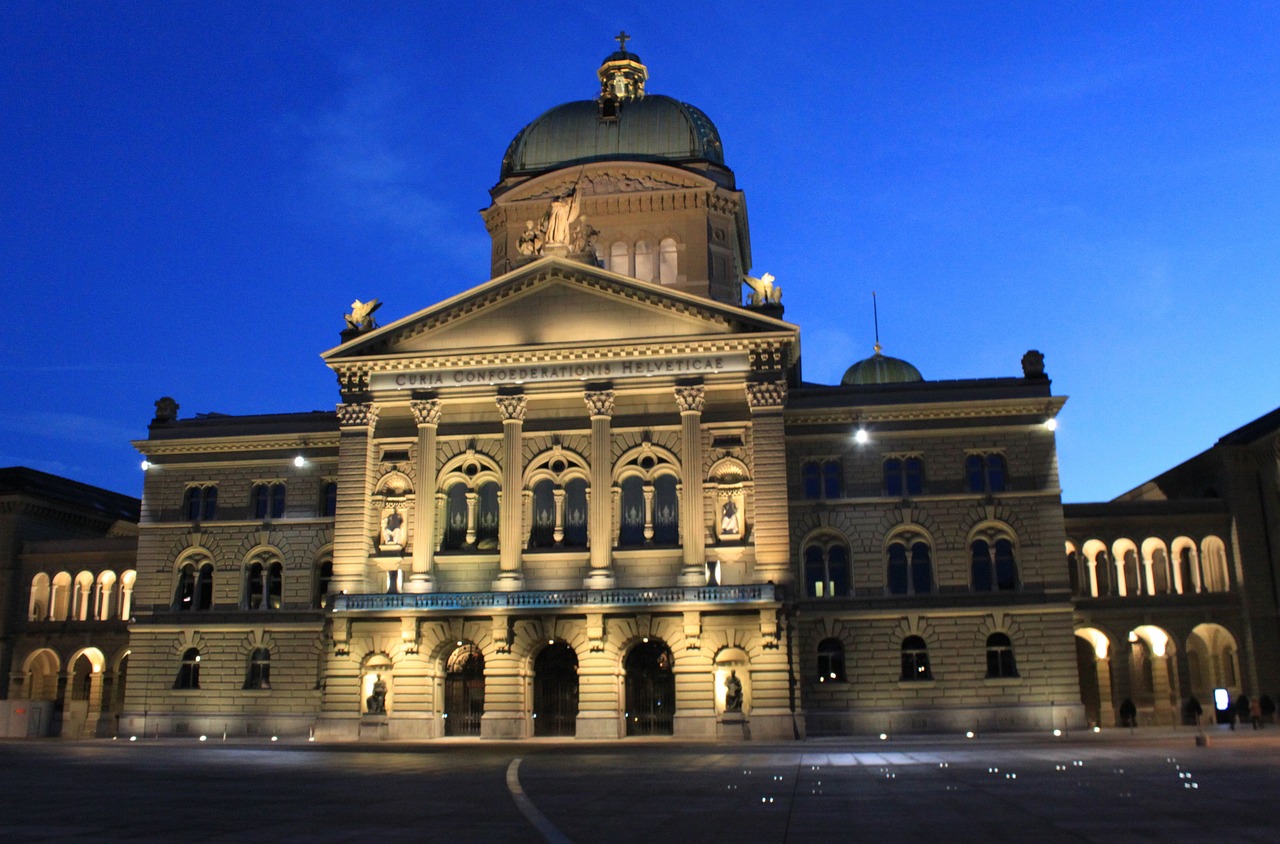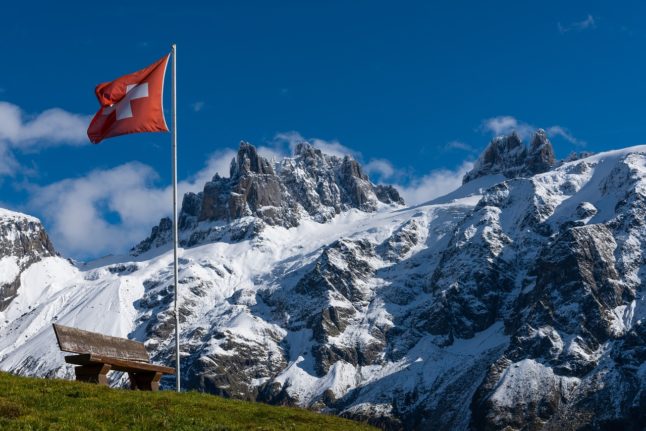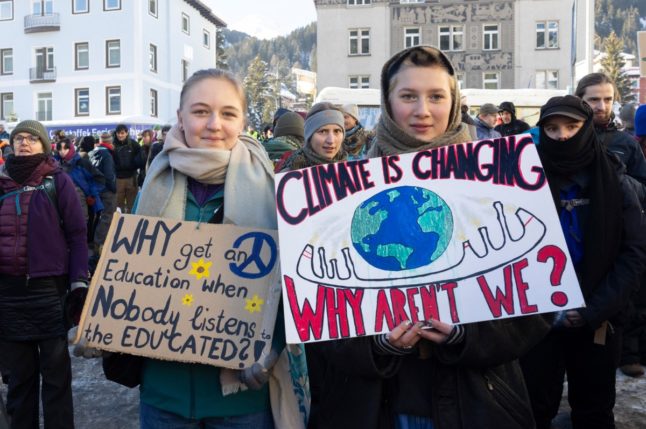A land renowned for cheese, chocolate, stunning nature and banks, Switzerland, nestled in the heart of Europe, holds its general election on October 22nd.
As the small Alpine country of 8.8 million people prepares to vote for both houses of parliament, we profile some important factors about the nation.
Language divide
Switzerland has four official languages: German, French, Italian and Romansh, a Latin-descended language spoken in the southeastern Graubunden canton.
Some 62 percent speak Swiss German dialects; around 23 percent speak French, chiefly in the west; eight percent speak Italian, mostly in the southern Ticino canton, and 0.5 percent speak Romansh.
The Swiss call the line between German- and French-speaking Switzerland the Rostigraben: rosti being the pan-fried grated potato dish beloved on the eastern side, with graben meaning ditch, referring to the river Saane.

But the term goes beyond language and cuisine, summing up all cultural and political differences between the two major parts of the country.
READ ALSO:
- Do Switzerland’s linguistic groups really get on with each other?
- How did Switzerland become a country with four languages?
Neutrality
Landlocked Switzerland is known worldwide for its neutrality, which traces its roots back to 1516 and has been internationally recognised since 1815.
Switzerland cannot join in wars between other countries, forge military alliances, or grant troops, weapons or territorial transit rights to warring parties.
The country’s neutrality is “of its own choosing, permanent, internationally recognised and armed,” according to the foreign ministry.
It says such neutrality “ensures the country’s independence and the inviolability of its territory”.
The neutrality law does not apply to civil wars, or military operations authorised by the UN Security Council.
All men are obliged to do military service and attend refresher courses for years afterwards.
READ ALSO: Why is Switzerland always neutral?
“Neutral Switzerland has never left any doubt that it is prepared to use its conscript armed forces for self-defence,” says the foreign ministry.
“Even if neutrality is no longer needed to hold Switzerland together along confessional, cultural and linguistic dividing lines, neutrality remains an important part of the tradition, history and self-image of Switzerland,” it says.
READ ALSO: What are the big issues that will decided Swiss election?
Spirit of compromise
The confederation, its 26 constituent cantons and the local municipalities operate, at the executive level, on a principle of collegiality and consensus.
On the national stage, decisions are taken collectively by the Federal Council government. Its seven members represent the main parties in a decades-old tacit agreement known as “the magic formula”.
The Swiss presidency rotates amongst the ministers annually, going to the person who has been in the government the longest without being the president.

Quarter are foreign residents
Switzerland has a high proportion of foreign residents, at 25 percent of the population.
The landlocked country is surrounded by Italy, France, Germany and Austria, plus tiny Liechtenstein.
At the end of 2022, the biggest foreign resident populations were from Italy (335,755 people), Germany (317,544), Portugal (257,829) and France (157,769).
Only Swiss nationals can vote in federal elections.
Immigration is a key election topic. Thanks to surging demand on the labour market, net immigration of foreign permanent residents increased again last year, up 14.8 percent compared to 2021.
READ MORE:
- What’s at stake for foreigners n Switzerland’s parliamentary elections?
- Opinion – Switzerland can be thankful to ‘foreigners’
The vast majority were from the European Union, which Switzerland is not a member of, though it is part of the EU’s Schengen open-borders area.
Small country, big business
Switzerland’s GDP per capita is one of the highest in the world, regularly coming third or fourth in the global rankings.
The country’s highly-developed, mixed economy is built on a strong pharmaceutical industry, and also on making machines and luxury watches, not to mention its important banking and insurance sectors.
Its heavily-subsidised agriculture sector largely goes towards domestic consumption, with its cows, cheese and wine all emblematic.
READ ALSO: Why is Switzerland so rich?
Strongly export-focused, Switzerland has benefited from globalisation and is home to several major multinational companies including Nestle, Roche, Novartis, ABB and Swiss Re.
It has one of the highest densities of multinational headquarters in the world, thanks to its advantageous tax rates.
Several commodity trading giants such as Glencore are based in Switzerland
By Agnès PEDRERO



 Please whitelist us to continue reading.
Please whitelist us to continue reading.
Member comments